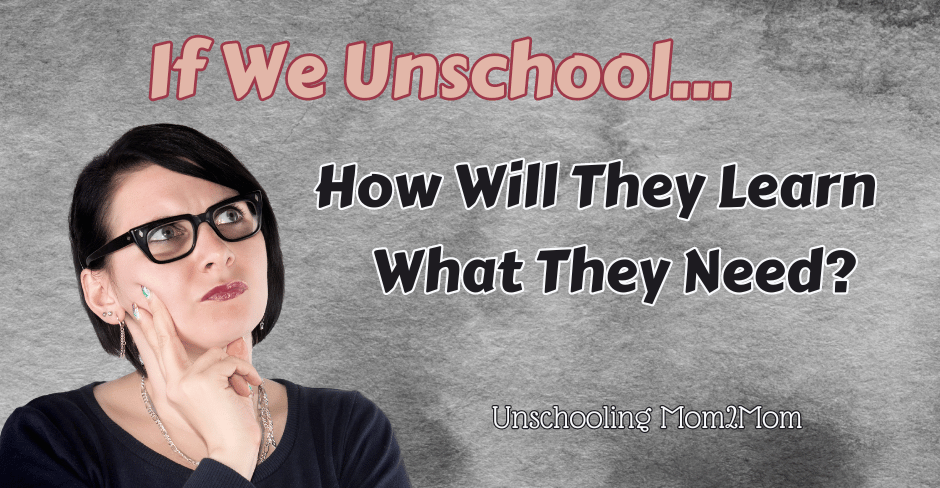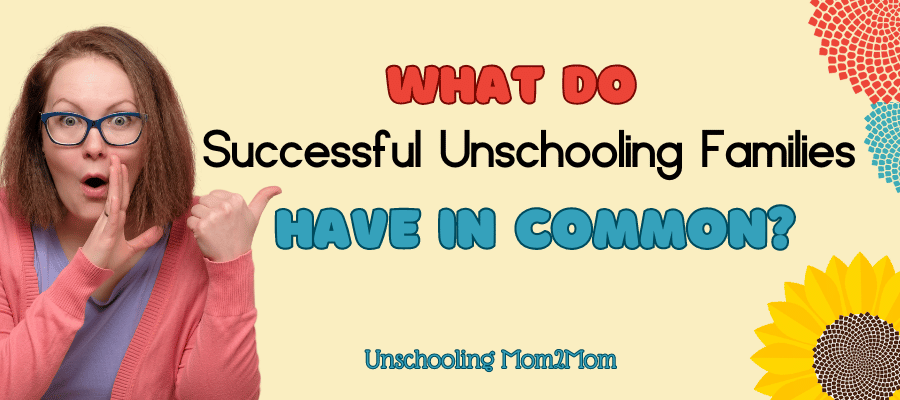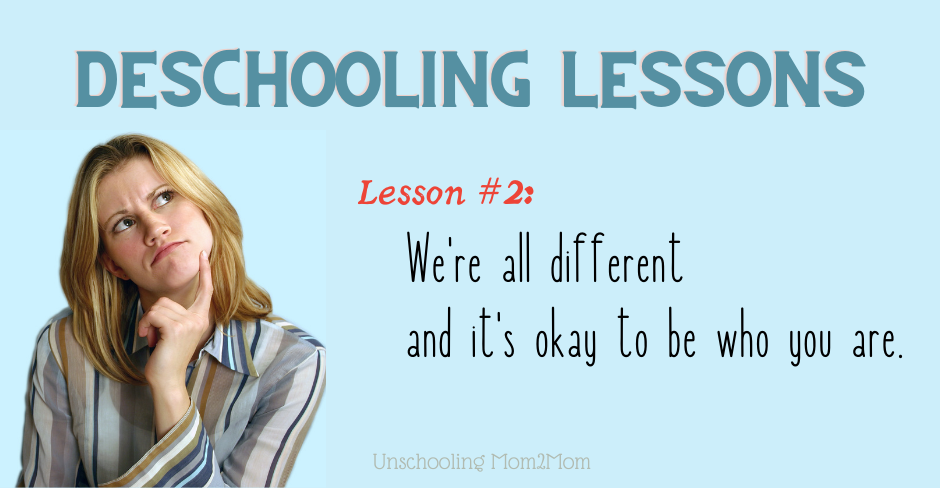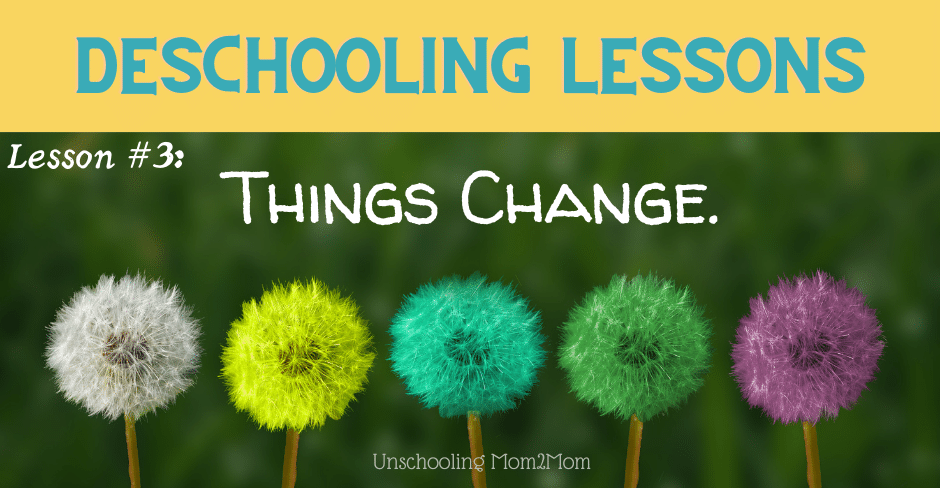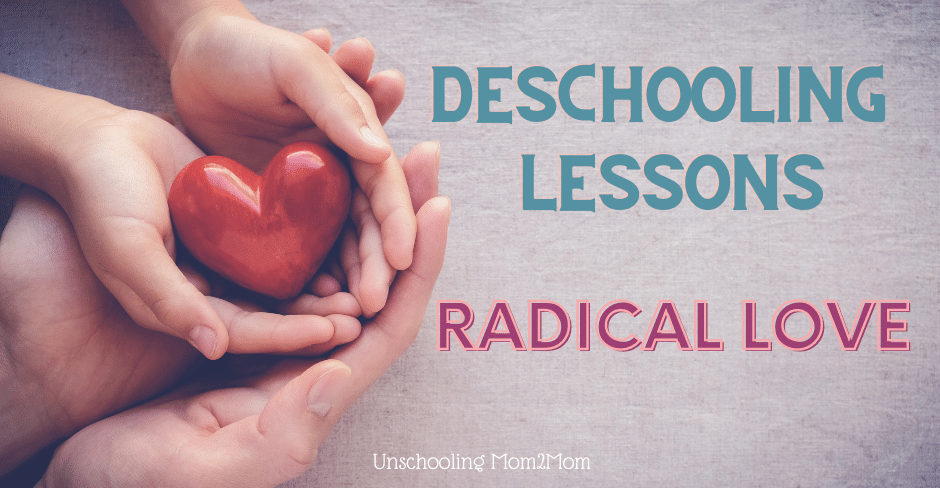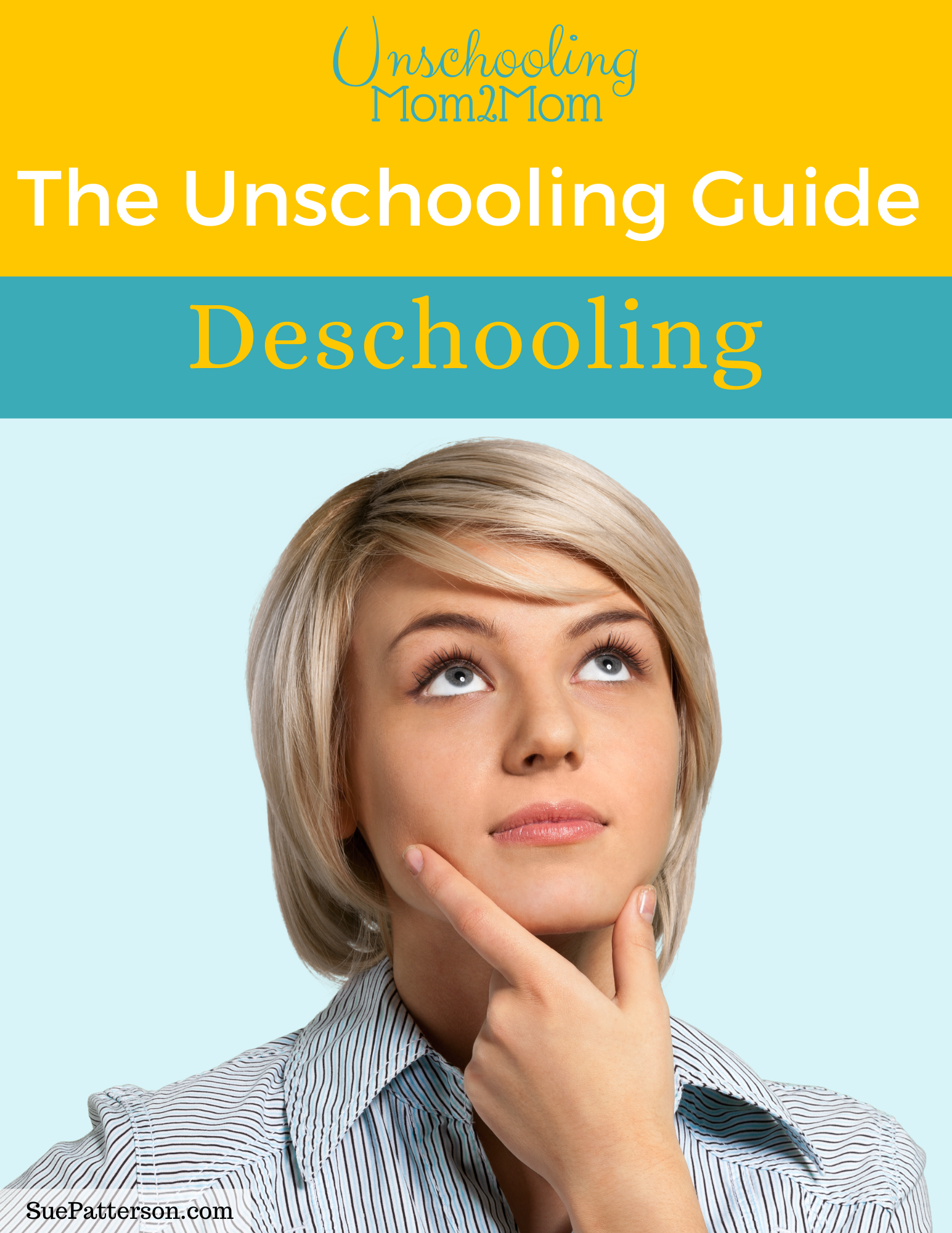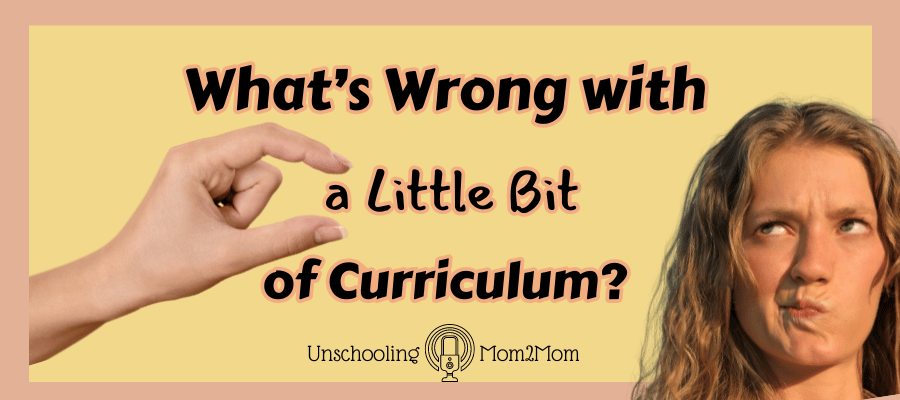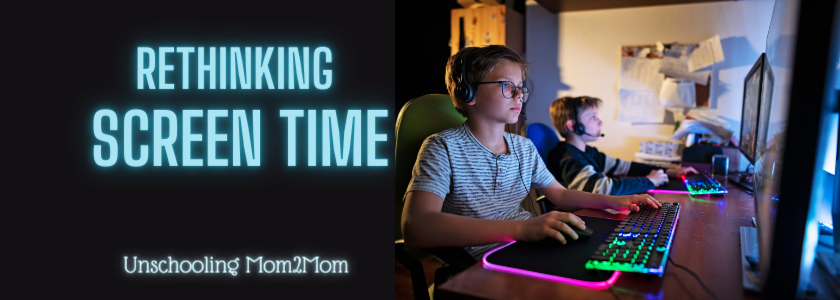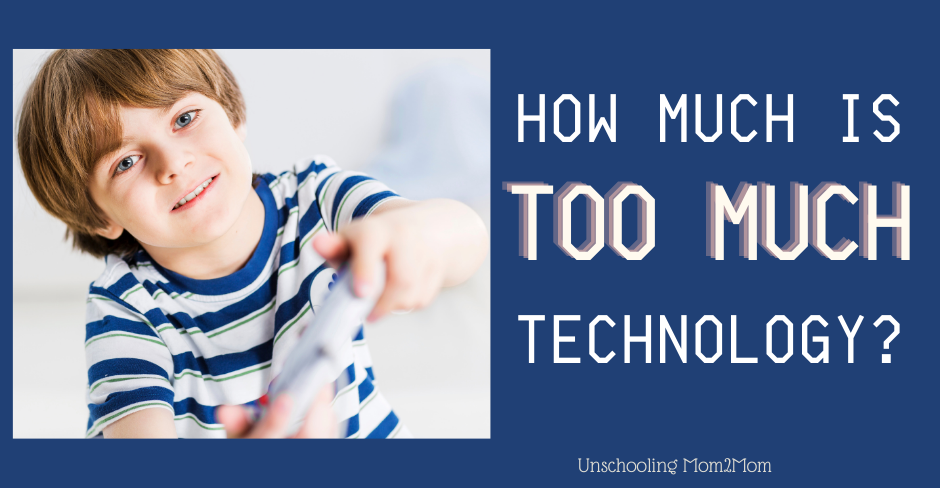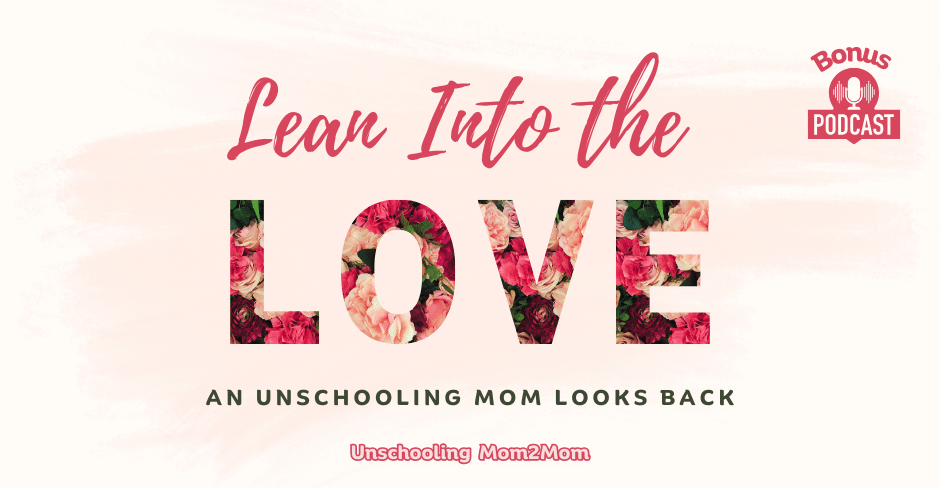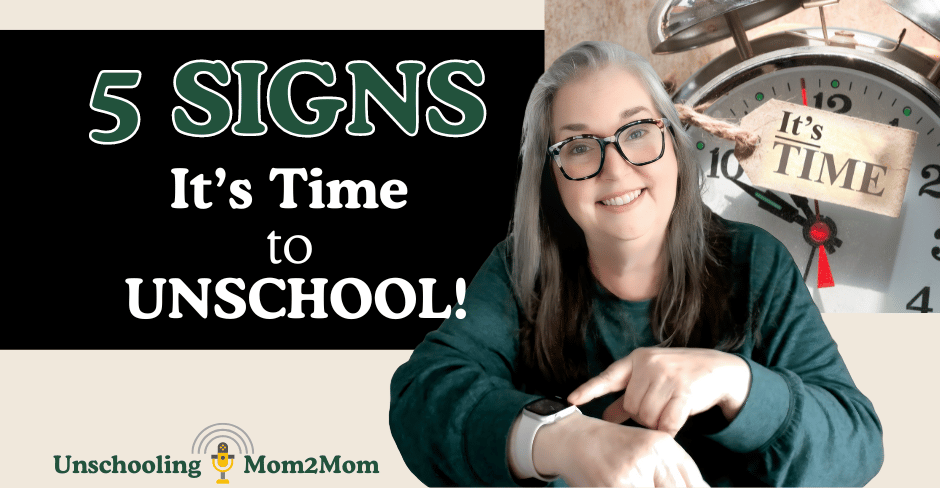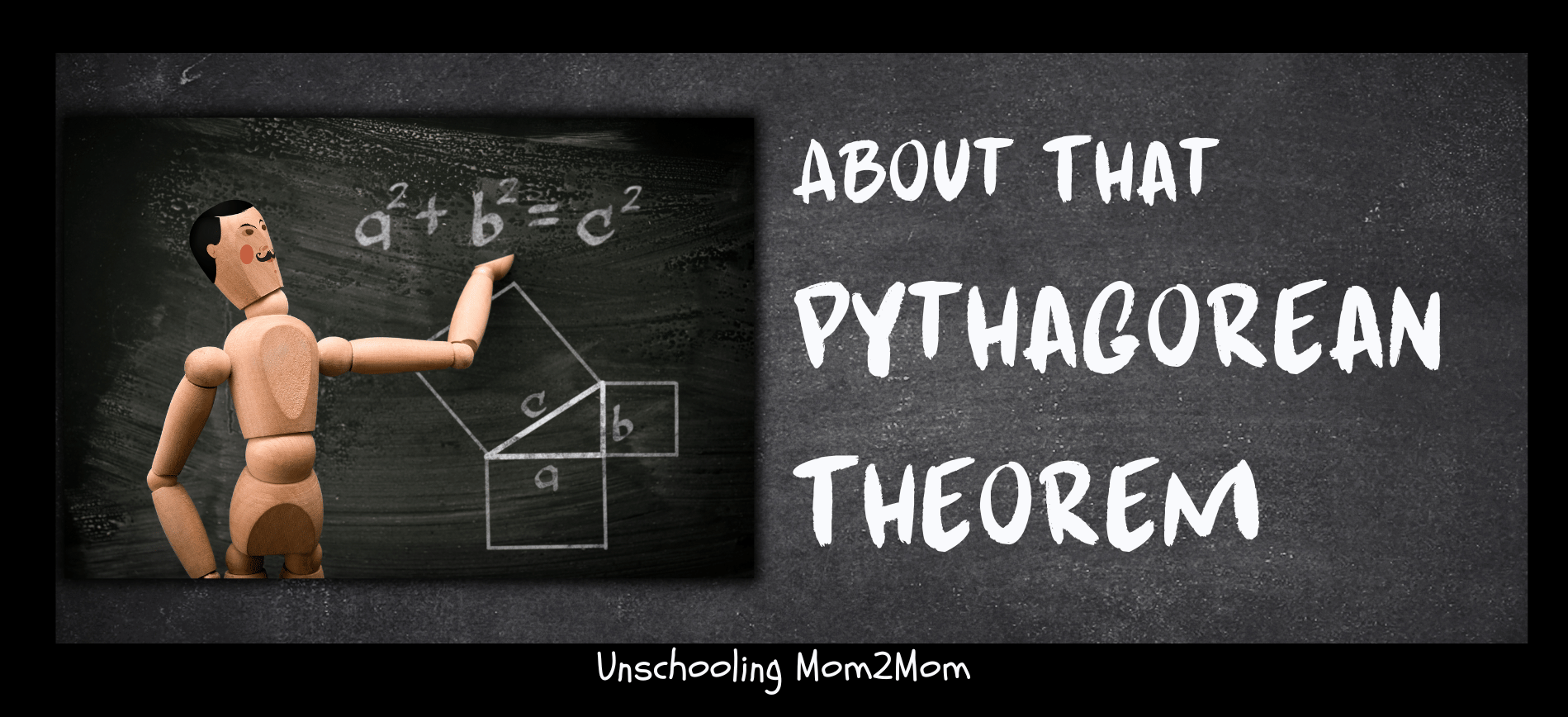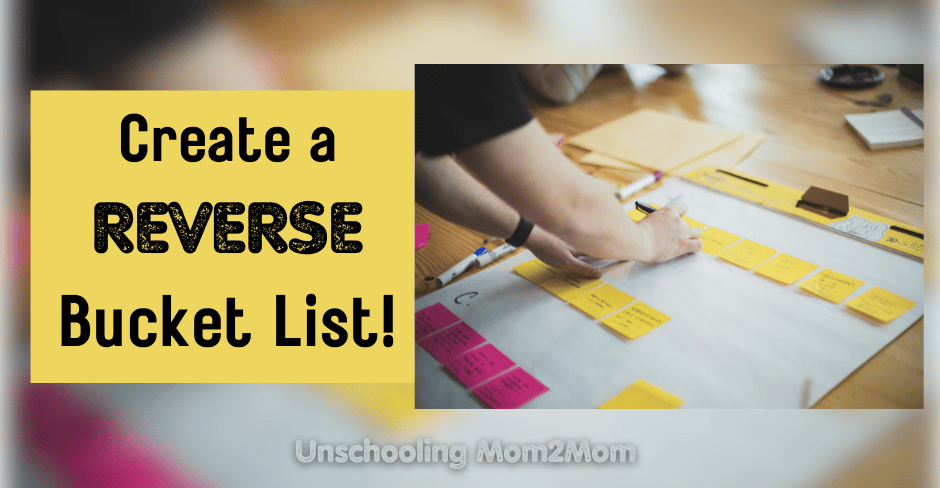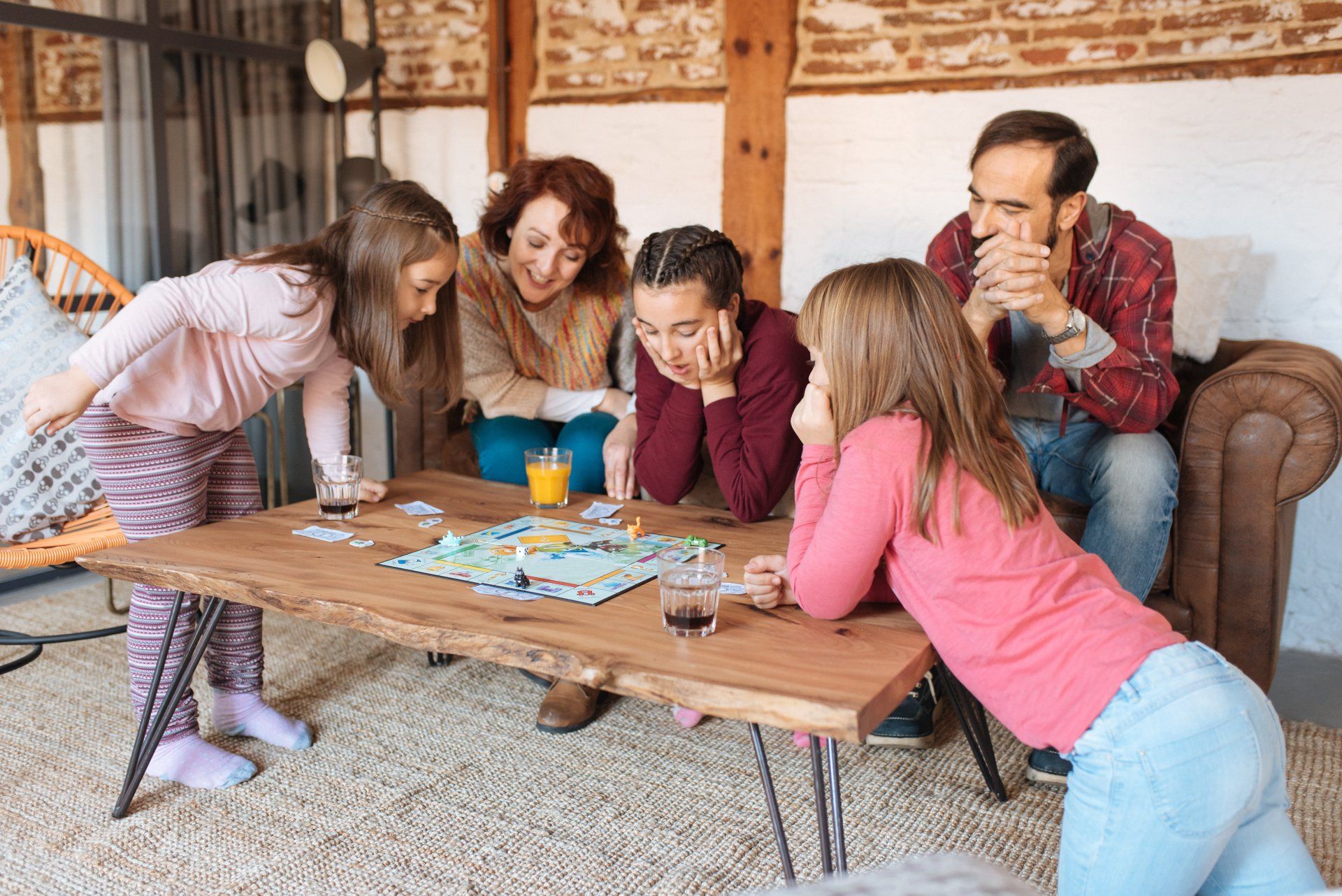Unschooling, Deschooling, and Differences
Lesson #2
We're all different and it's okay to be who you are.
From Guest Blogger, Susan Walker:
Before continuing with my own story, I want to remind you that not everyone has the same things to learn/unlearn. However, what I think that all who venture very far along the deschooling trail do have in common is that we discover that some things we thought we already knew or values we thought we held were really not as rooted in our hearts and souls as we thought.
In my case, for example, I was shocked to discover how much work I needed to do towards truly accepting that it is okay for us to be who we are, starting with me. I thought that I already believed it was okay to be yourself - in fact this was one of my strongest values, that everyone is a unique individual and deserves respect for and honoring of who they are.
As I dug into my school-ish programming, though, and really began to listen to my son and observe my interactions with him, I realized that although I might have been capable of accepting other people who were different from me, I had some pretty set ideas about what types of behaviors, interests, and lifestyles were "good" or even acceptable for me and my children. I found that I was judging or valuing different characteristics or behaviors of my children based on my own internal gauge of what I had learned was good/acceptable or bad/undesirable in myself. In order to truly accept them and honor them for who they were, without trying to “correct” them or make parts of them go away, I had to truly accept who I was, including those things about me that I felt bad about.
Then and Now
As a child growing up in the 1960s and 70s, being quiet, shy, and very affected by the energy of others were not characteristics that were valued or favored. I learned to consider these aspects of me to be undesirable defects to be overcome if at all possible. Being that way had also brought me pain that I didn't want my children to go through.
When my son was in kindergarten and having a hard time with some aspects of kindergarten life that most of the other kids were fine with or even seemed to really enjoy, I read the book, The Highly Sensitive Child, by Elaine Aron. Not only did I totally see both my son and my daughter in the Highly Sensitive People (HSPs) she described, I saw myself. I was fortunate to come from a family full of HSPs, so for the most part my family was very accepting of those traits, but school and the rest of the outside world had told me that I was not the ideal or even the norm, and unfortunately, HSPs are exquisitely sensitive to social cues. Learning about HSPs and that we were HSPs helped me begin to see and accept many things about myself that I had considered shortcomings and faults, and see how I was projecting those judgments onto my children.
About 20% of the population is reported to be HSP.
Although that doesn’t seem such a small proportion to me, it is true that the world, and especially schools, is set up for the other 80%.
My son’s kindergarten in Argentina started every day with a big gathering of all the classes together in the main hall. The music was loud and the energy was frenetic and overwhelming to me, as it was to my son. After that morning assembly, the kids lined up and went with their teachers to their rooms. Parents could go with them if they needed that extra support, and at the beginning of the year, at least the first few days, almost every child was accompanied by a parent to their room. By the second week, most kids were willing to go by themselves, but 2 months into the year, our son and two others (approximately 20% of the class!) still insisted that their parents go to the room with them.
The teachers were very understanding at first, but by that time, most of them were thinking we were babying him. They just couldn’t understand why any child would not like the assembly they worked so hard to make fun, or be overwhelmed by it and still have difficulty with the transition between that environment and the classroom, other than some fault within the child and/or the parent. I felt like I had transmitted my own failures and shortcomings to my children, through bad parenting or poor examples, until I read that book and started to understand more about who we were.
Harder on Ourselves... and Sometimes Our Kids
I began to realize that although I was very accepting of differences in other people, I wasn’t accepting of being different myself, or of having children who were different in their own ways (in this case, a way similar to me). These have been very deep wounds to heal, and my son is the person who has most helped me with this healing. Of course our high sensitivity is only one component of who we are, and my son has also challenged me to be more accepting of things about him that are very different from me. With his HSP perception, he constantly reflected back all the nuances that he picked up from me, pointing out every time my actions and words were not congruent.
Ceaselessly demanding authenticity, he exposed the deep feelings and thoughts that maybe didn’t always match my words. Because he was so perceptive and expressive, and rebelled against the inconsistencies, when I chose to listen to him I saw and understood so much more about myself and my motives. I also came to understand (am still learning) that even when his reaction or behavior is something I would NEVER say or do, it is perfectly okay for him to have a response or behavior that is his own.
Seeing my little fellow begin to box in his spirit and put up his defenses in kindergarten broke my heart, and set me on the road to healing my own little broken heart. I was in my mid-40s when he was born, had pretty much found my footing, and was a productive, well-adjusted member of society, with a wonderful husband and daughter. If my son hadn’t come along I might have continued on the way I was for the rest of my life, and it wasn’t that there was anything terribly wrong with that, but he did come along, and showed me these deep wounds that I’m still working on healing.
Moving Toward Acceptance
For self-directed education to flourish, I needed to accept that his way of being and his own interests were okay - whether they were different from or the same as mine, and to honestly do that, I also had to accept that I was okay. My role as an unschooling parent and facilitator of self-directed learning is not to mold him into what I think he should be, or make sure that he learns and acts like everyone else, but to marvel and bask in the glory of who HE is and help him to do the same.
It is not just okay for him (and me) to be just who we are, not what we think others want us to be, it is truly marvelous.
Next time I will talk about another seemingly obvious big lesson I am still learning...
Missed Lesson 1 from Susan? No worries!
Here it is: Deschooling Lessons
Need Help Undoing School-ish Thought?
We've had YEARS of conditioning to work through!
This Unschooling Guide about Deschooling helps you break apart some of the ideas that you really don't believe - but you're on some kind of conveyor belt moving you along!
When we can really look at our own thoughts about learning, children and parenting, we might find that we want to make some adjustments.
